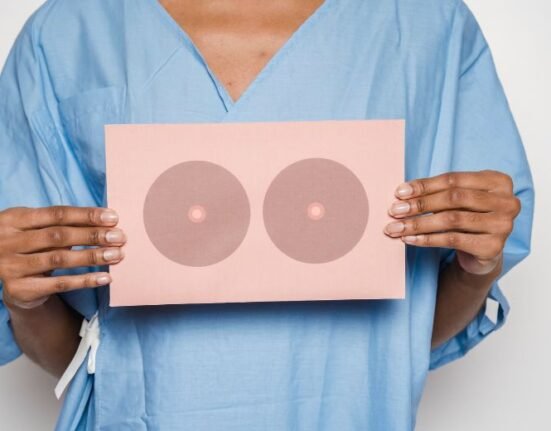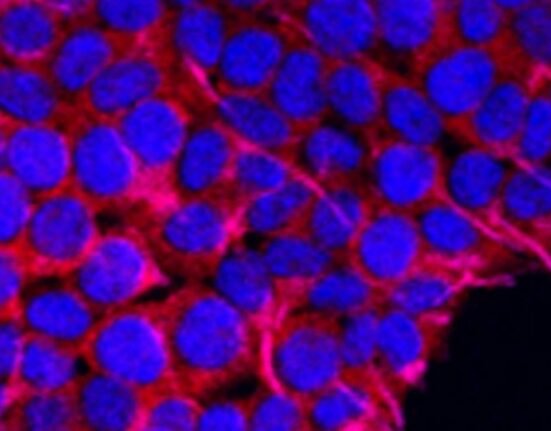HQ Team
February 6, 2025: A phase I clinical trial has shown that personalized cancer vaccines targeting driver mutations can lead to 100% recurrence-free survival in high-risk kidney cancer patients.
The trial demonstrated that personalized cancer vaccines (PCVs) targeting tumor-specific neoantigens prevented cancer recurrence in all nine participants with high-risk kidney cancer.
The trial
The trial focused on patients with clear cell renal cell carcinoma (RCC), the most common type of kidney cancer, which is notorious for resistance to traditional therapies. After surgical removal of tumours (stage III/IV), participants received a PCV tailored to their tumor’s unique genetic profile. At a follow-up of 37 to 40 months post-surgery, none of the nine patients experienced recurrence—a striking result for a cancer with a high relapse risk.
PCVs are designed to prime the body’s immune system to recognize and attack cancer cells. Researchers identified neoantigens—abnormal proteins produced by tumor mutations—including key driver mutations in genes that fuel RCC growth. Remarkably, all patients developed robust T-cell responses against these antigens, with durable expansion of tumor-specific T-cell clones persisting long after vaccination. In seven patients, these T cells also recognized and reacted to their original tumors, suggesting systemic immunity.
“Cold” tumors
Renal cell carcinoma or RCC is classified as an immunologically “cold” tumor, meaning it typically evades immune detection due to few targetable mutations. By focusing on driver mutations—the core genetic flaws that initiate cancer—this approach challenges the notion that low mutational burden cancers cannot respond to immunotherapy. “The neoantigens targeted by this vaccine help steer immune responses towards cancer cells, with the goal to improve on-target efficacy and reduce off-target immune toxicity,” says co-senior author and co-principal investigator Toni Choueiri.
Safety and next Steps
No toxicities were reported, aligning with PCVs’ reputation for favorable safety profiles compared to conventional therapies. However, the small sample size and absence of a control group are points of concern. Larger phase II/III trials are needed to confirm efficacy and explore combinations with other immunotherapies.
The success in RCC opens doors for PCVs in other low-mutation cancers, such as pancreatic or ovarian cancer. It also underscores the potential of adjuvant PCVs to eradicate micrometastases—hidden cancer cells that escape surgery—before they proliferate.
While 100% recurrence-free survival is unprecedented in early trials, researchers emphasize this is a first step. As one trial participant remarked, “It’s like having a security guard that never sleeps.” If validated, PCVs could shift the paradigm from treating advanced cancer to preventing it altogether.
The study is published in Nature.








